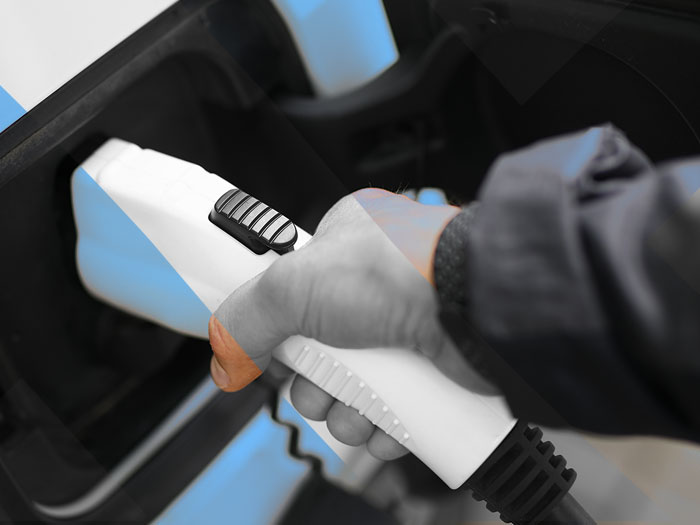News
better business decisions
Posted 2 years ago | 3 minute read

Prime Minister recommits UK to net zero by 2050 but scales back some policies
Prime Minister Rishi Sunak has vowed to take a “pragmatic, proportionate and realistic” path to reach net zero by 2050.
In a speech on 20 September Sunak noted that the UK has set the most ambitious target to reduce carbon emissions by 68% by 2030 compared to 1990 levels – and is the only major economy to have set a target of 77% for 2035. This follows progress over the past decades to cut emissions faster than any other G7 country, with the UK having already reduced emissions by 48%.
Underpinning our net zero ambitions is the commitment to boosting energy security and protecting nature. As a result, Sunak announced the first ever spatial plan for energy infrastructure will be set out to give industry certainty over where it will be and give every community a say in energy projects in their area.
In addition, a “fast track” through the nationally significant infrastructure project planning regime, will be made available for major eligible transmission projects, to ensure they are prioritised alongside a new approach to grid connections, where energy projects that are ready first will connect first – and ultimately get online quicker.
A new Green Futures Fellowship, backed by a £150M endowment, will be launched to support at least 50 leading scientists and engineers to develop practical, breakthrough green technologies and climate change solutions over five years – building on the £1B invested into the Net Zero Innovation Portfolio.
But Sunak raised concerns over the cost of current net zero policies and said “reaching the UK’s 2030 and 2035 targets do not have to come at the expense of British citizens who are continuing to face higher costs of living”. As a result Sunak announced a relaxation on a series of government’s net zero policies.
Under revised plans, which mainly effected the domestic sector, the government will:
- Move back the ban on the sale of new petrol and diesel cars by five years, so all sales of new cars from 2035 will be zero emission
- Delay the ban on installing oil and LPG boilers, and new coal heating, for off-gas-grid homes to 2035, instead of phasing them out from 2026
- Set an exemption to the phase out of fossil fuel boilers, including gas, in 2035
- Scrap policies to force landlords to upgrade the energy efficiency of their properties
- Raise the Boiler Upgrade Grant by 50% to £7,500
- Rule out policy ideas that would require people to share cars, eat less meat and dairy, additional taxes on flying, and increasing recycling targets
The Prime Minister also pledged to ensure that Parliament gives full scrutiny to all future measures that might be needed to fulfil the Carbon Budget. This means more accountability from elected representatives and more transparency on how we plan to reach net zero.






